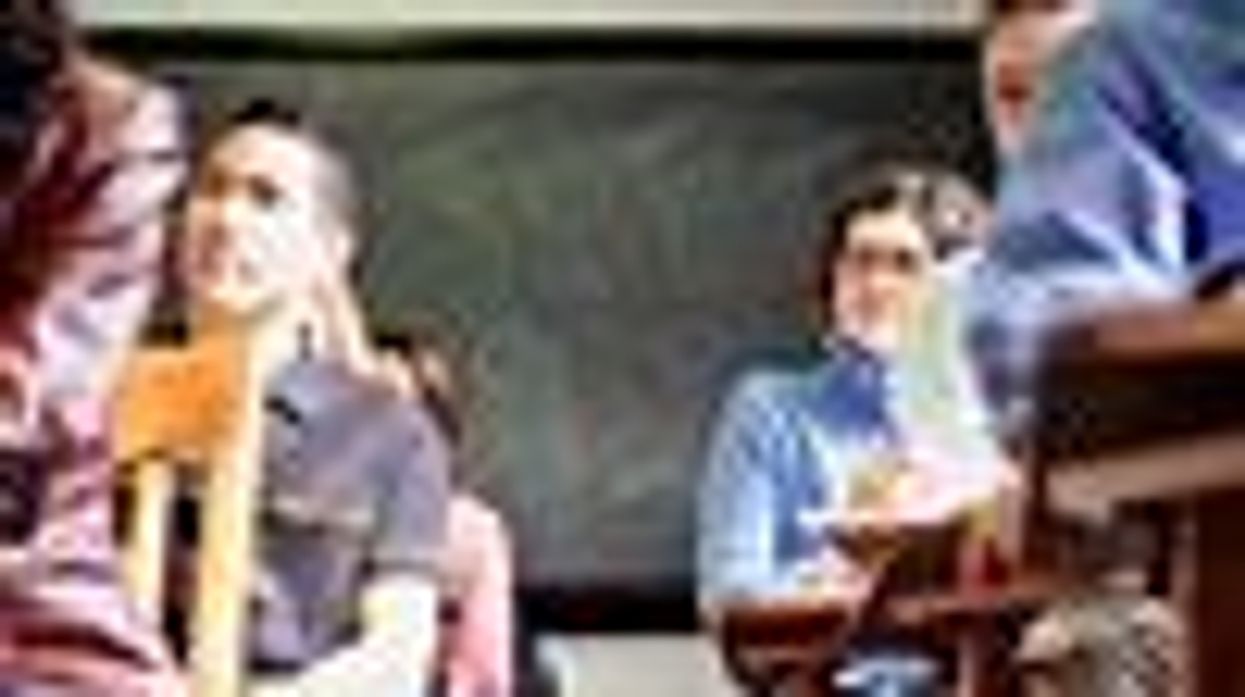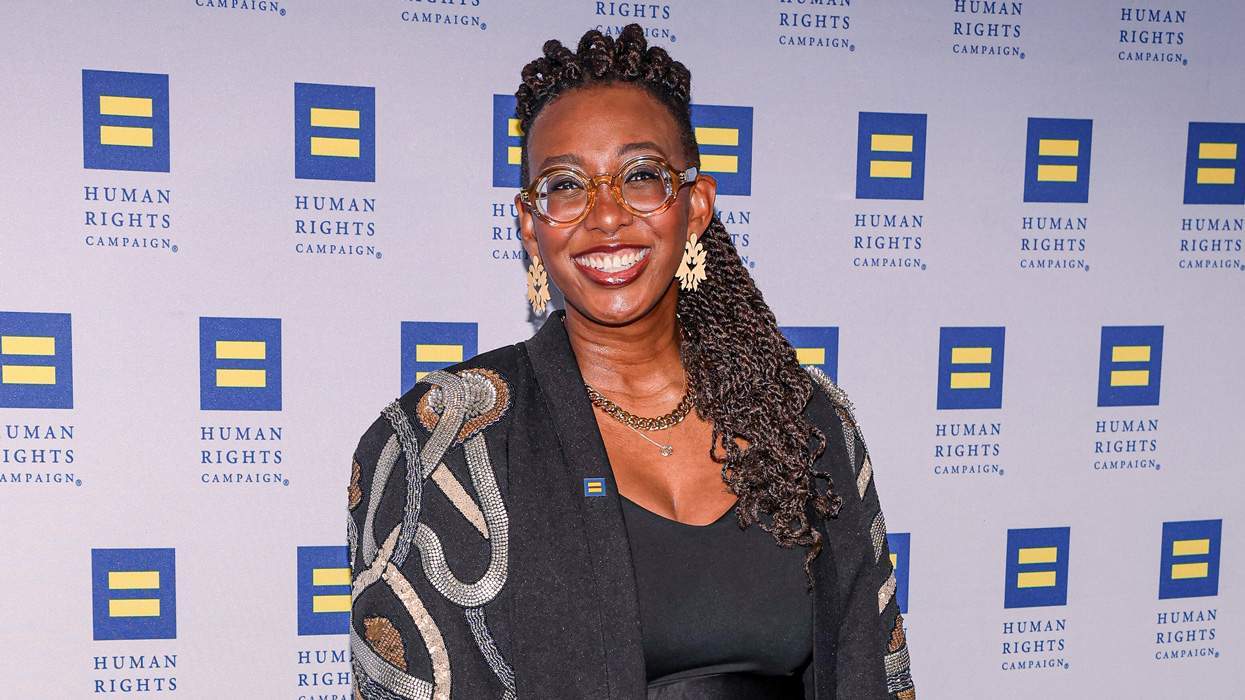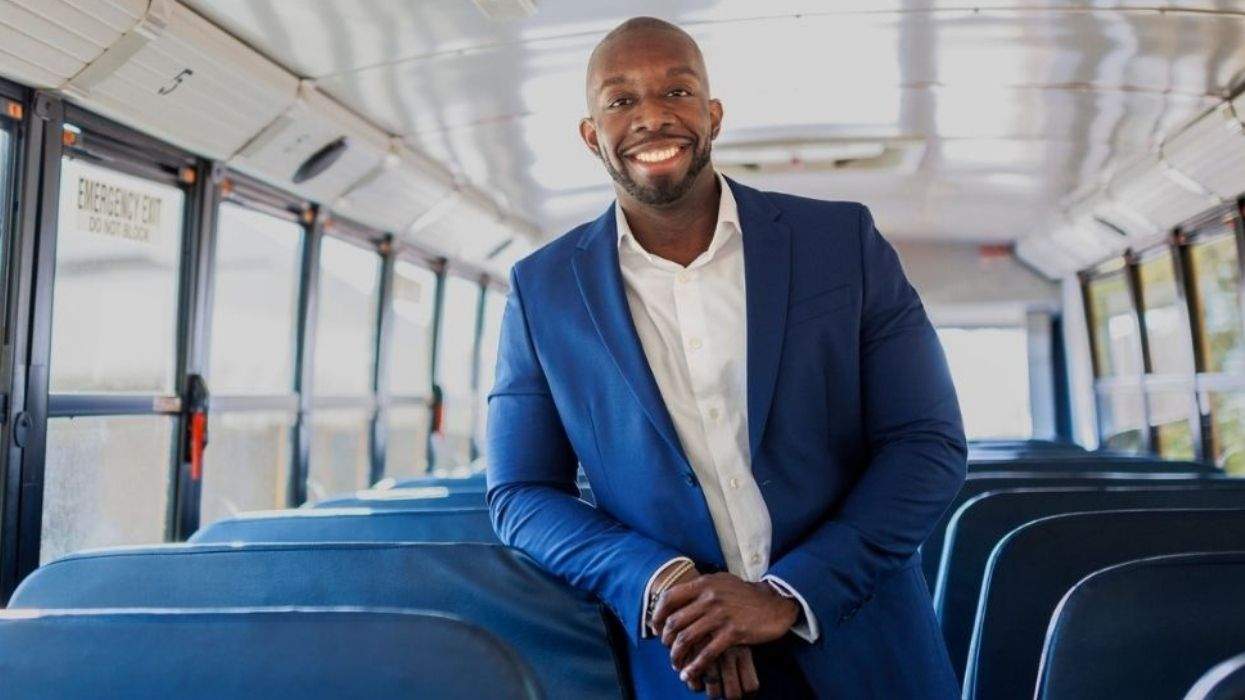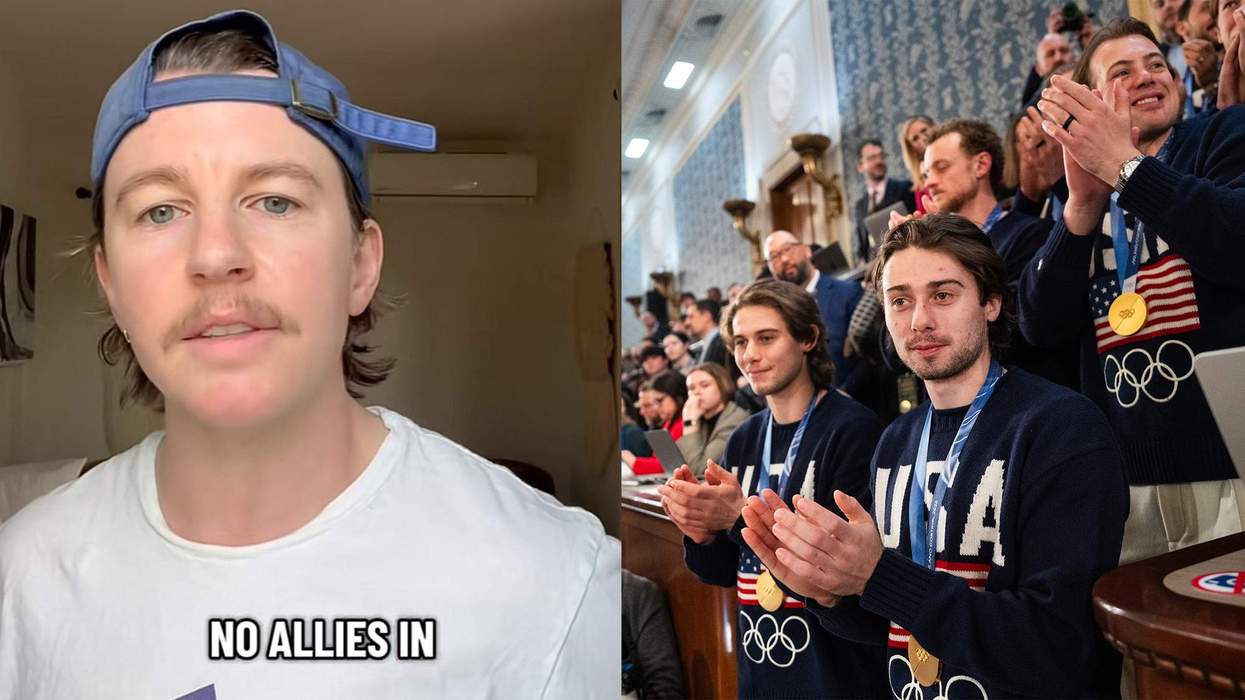A judge ruled Tuesday that a high school student who sued after being disciplined and then mercilessly teased for using the phrase ''That's so gay'' is not entitled to monetary damages.
Sonoma County, Calif., superior court judge Elaine Rushing said she sympathized with 18-year-old Rebekah Rice for the ridicule she experienced at Maria Carrillo High School. But, the judge said, Rice's lawyers failed to prove that school administrators had violated any state laws or singled the girl out for punishment.
''All of us have probably felt at some time that we were unfairly punished by a callous teacher, or picked on and teased by boorish and uncaring bullies,'' the judge wrote in a 20-page ruling. ''Unfortunately, this is part of what teenagers endure in becoming adults.''
The law ''is simply too crude and imprecise an instrument to satisfactorily soothe deeply hurt feelings,'' Rushing said.
The case, filed by Rice and her parents in 2003, brought widespread attention to a three-word phrase that some teenagers use to mean ''stupid'' or ''uncool'' but has come under attack as an insensitive insult to gay people.
The Rices argued that a teacher violated Rebekah Rice's First Amendment rights by sending her to the principal's office and putting a note in her school file. During a trial in February, Rebekah testified that she said ''That's so gay'' in response to other students asking her rude questions about her Mormon upbringing.
Rushing said the school district was not liable for monetary damages because the law under which the Rices brought the lawsuit specifically excludes schools. In addition, she said that school officials are given wide latitude in deciding how to enforce nondiscrimination provisions of the state education code.
The judge added that it didn't make sense to have the referral stricken from the girl's school record, since she graduated last year.
The lawsuit also accused the public high school of having a double standard because, it said, administrators never sought to shield Rebekah from teasing based on Mormon stereotypes. It also alleged that the Rices were singled out because of the family's conservative views on sexuality.
Rushing rejected each claim, going so far as to suggest that the Rices had created a miserable situation for Rebekah by advertising their dissatisfaction with the school's handling of the incident during her freshman year.
Neither the Rices nor their lawyer returned telephone calls seeking comment from the Associated Press. (AP)
















